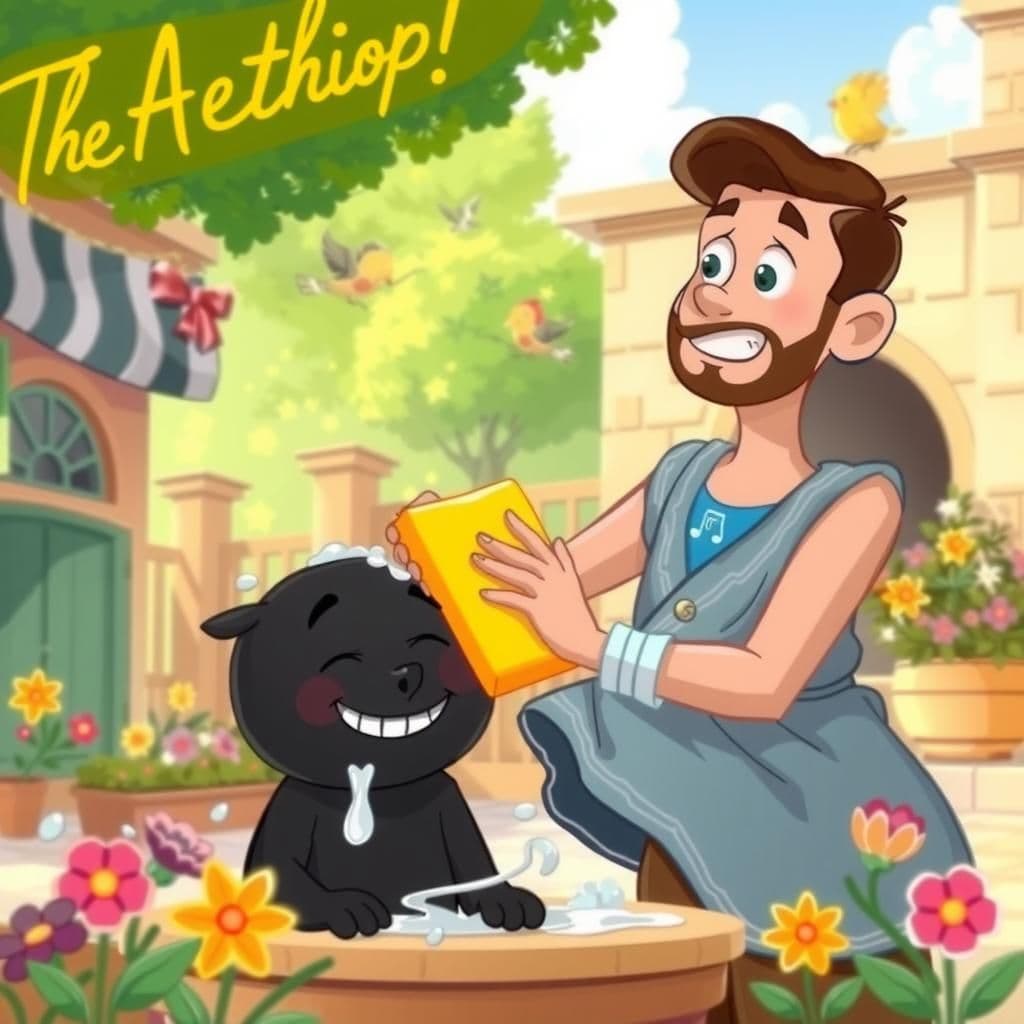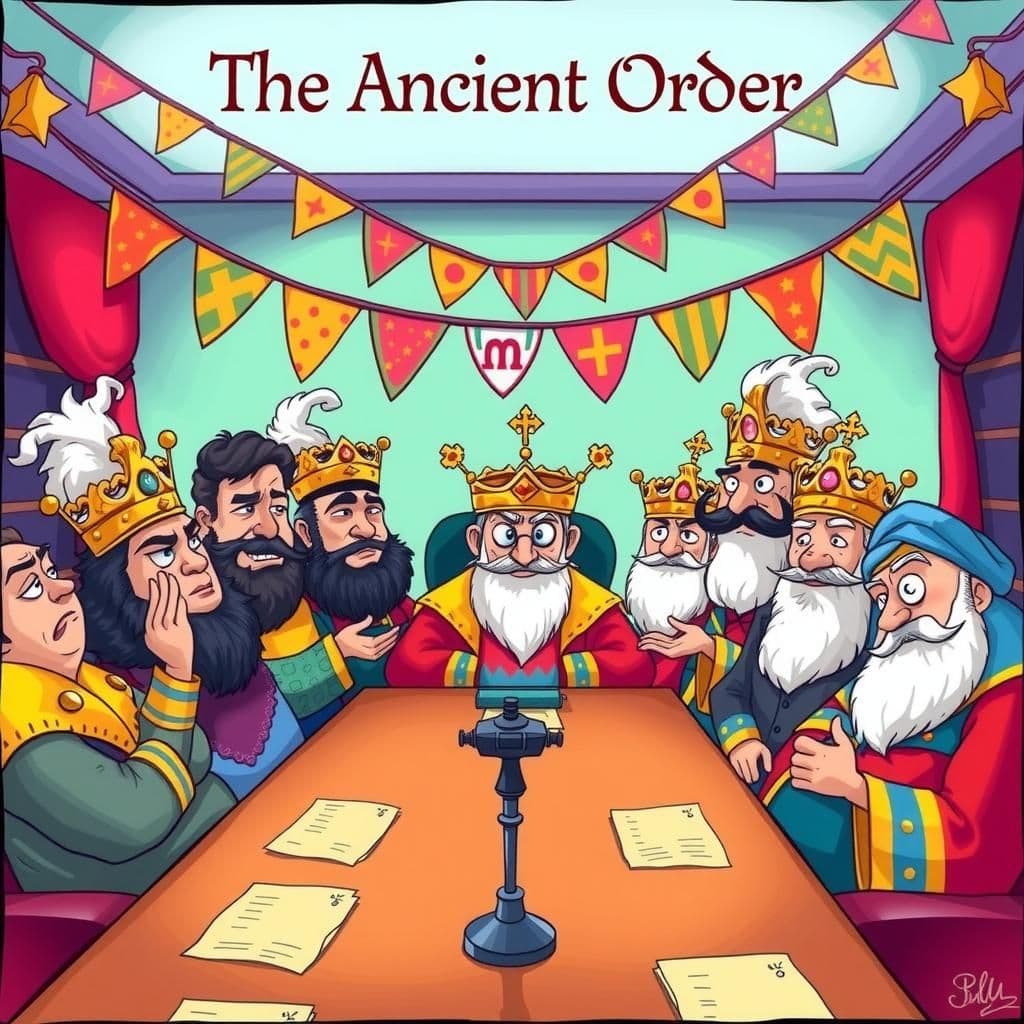The Aethiop
In "The Aethiop," a man naively purchases a black servant, believing that his skin color is simply dirt that can be scrubbed away. Despite his relentless efforts, the servant's complexion remains unchanged, illustrating the life-lesson that inherent traits cannot be altered by external means. This short story with moral serves as a poignant reminder that what is bred in the bone will stick to the flesh, making it a compelling addition to uplifting moral stories and fable stories with moral.

Reveal Moral
"The moral of the story is that inherent qualities or characteristics cannot be changed by superficial treatments or efforts."
You May Also Like

The Poetess of Reform
In "The Poetess of Reform," a determined newcomer named Shade arrives in the Elysian fields, expecting an eternity of honor and glory after her struggles as a poet on Earth. However, instead of the joy she anticipated, she finds herself longing for the gloom of her past, unable to recall her own poems while surrounded by the incessant self-quotations of celebrated writers. This short and sweet moral story highlights the challenges of identity and the search for fulfillment, reminding young readers that true happiness may lie in embracing one’s own journey rather than seeking external validation.

A Statesman
In the story "A Statesman," which is part of the realm of well-known moral stories, a politician is challenged at a Chamber of Commerce meeting for his perceived irrelevance to commerce. However, an elderly member defends him by asserting that the politician, as a "Commodity," embodies a valuable lesson from moral stories about the interconnectedness of individuals and their roles in society. This engaging moral tale highlights how even those who seem distant from a topic can hold intrinsic value, echoing themes found in the top 10 moral stories.

The Ancient Order
In "The Ancient Order," a whimsical debate among the newly formed Sultans of Exceeding Splendour leads to the adoption of the playful title "your Badgesty," resulting in their affectionate nickname, the Kings of Catarrh. This engaging tale offers a lighthearted moral about the importance of camaraderie and creativity in leadership, making it a delightful addition to short moral stories for students.